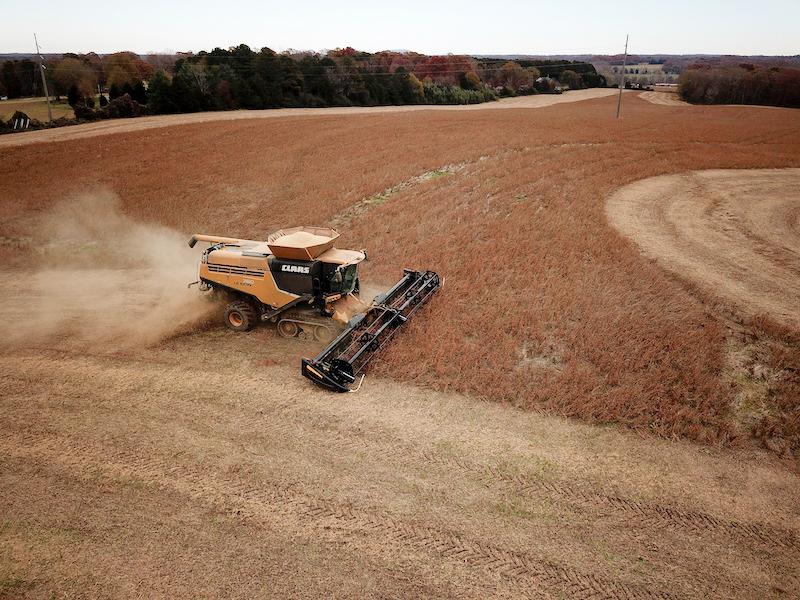The North Carolina House of Representatives unanimously approved a bill on Wednesday prohibiting state-owned companies and hostile foreign nations like China from purchasing farms or any other land near a military installation.
The 114-0 vote came amid mounting concern over national security after the Chinese spy balloon recently flew over the state’s military bases before being taken down off the South Carolina coast.




